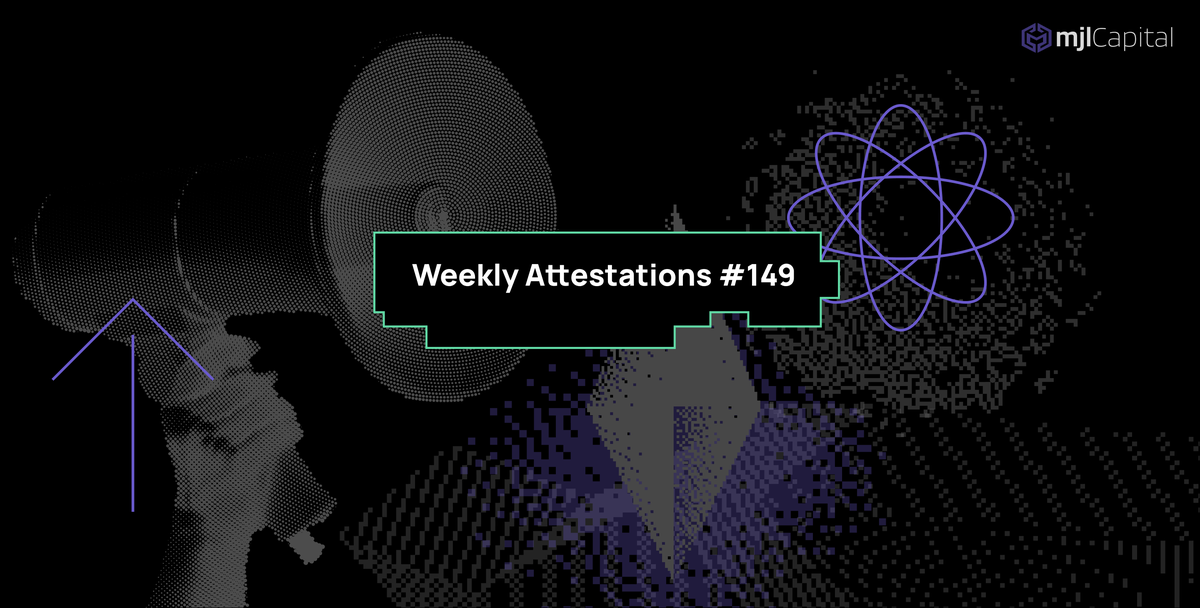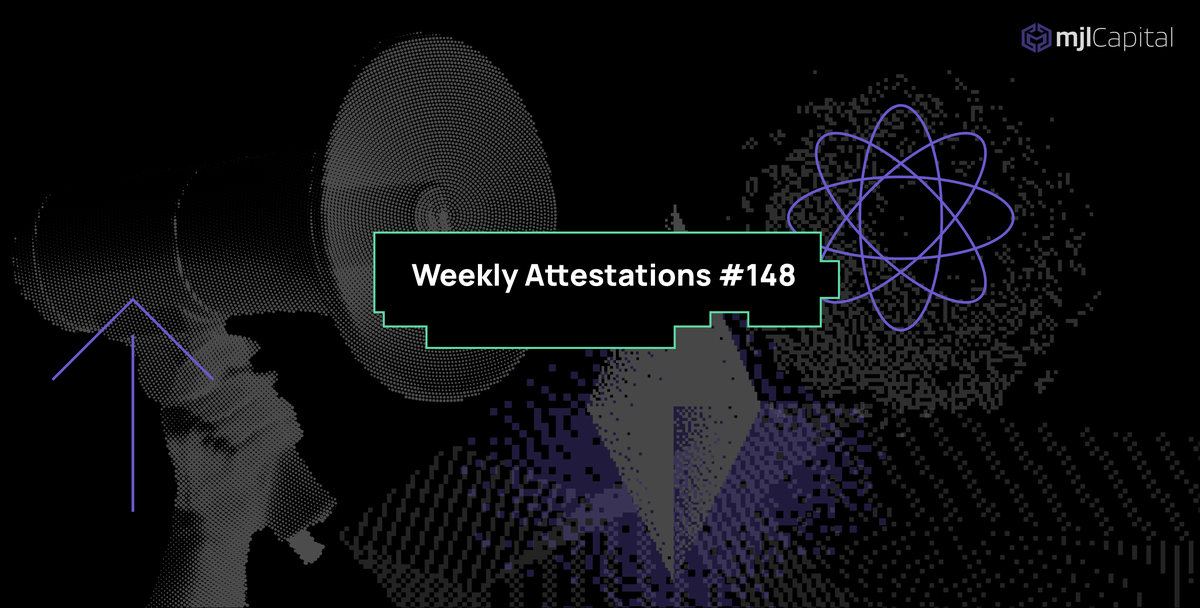Top Stories
ZCash Shielded Pool Climbs to 23% as Privacy Adoption and Price Surge Align
ZCash’s shielded pool now holds 23% of total supply, up from 18% in October, signaling growing adoption of on-chain privacy features. The shielded pool hides transaction details, and rising participation suggests deeper, utility-driven engagement rather than speculation. This growth mirrors Ethereum’s staking dynamics, where active participation strengthens network integrity. The shift comes alongside a sharp price rally, with ZEC jumping from $400 to $750 and ranking second on Coinbase by trading volume, surpassing Ethereum. The parallel rise in both privacy usage and price indicates that new investor interest is translating into real network activity, distinguishing ZCash from assets driven mainly by derivative speculation.
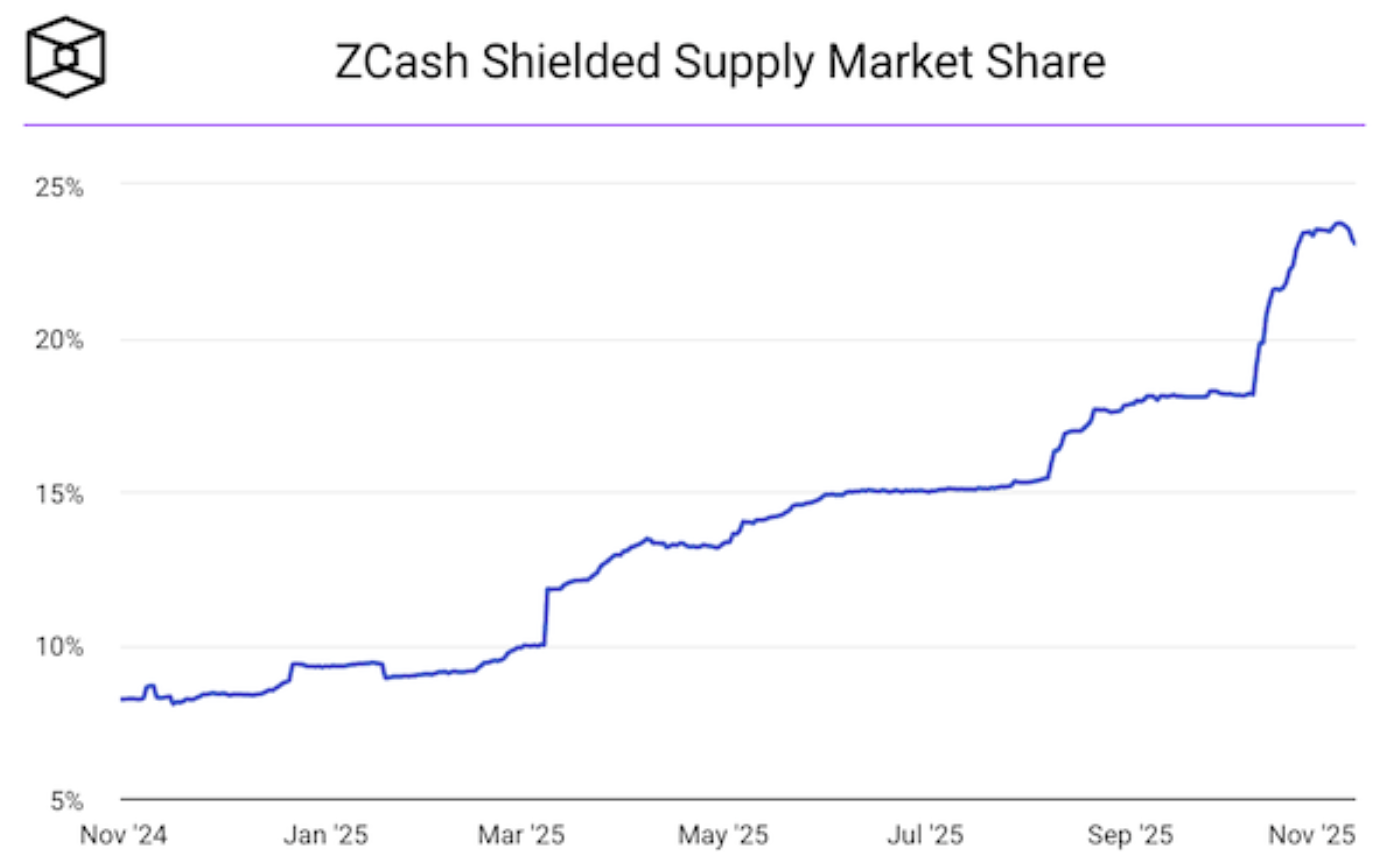
Source: ZECHUB, The Block
Pump.fun’s New Mayhem Mode Sparks Activity and Controversy
Pump.fun’s Mayhem Mode doubles a token’s supply and hands half to an AI trader that buys and sells for 24 hours before burning whatever remains, aiming to help small projects gain early liquidity and visibility. Any profit or loss goes to an insurance fund, and the feature operates as a transparent beta. The rollout triggered a surge of more than 5,800 Mayhem launches in the first week, with the bot executing over 130,000 trades and losing about $76,000. Critics argue that the AI can become a net seller, drain liquidity, and trap holders as coins slide into PumpSwap. The feature highlights a broader shift toward AI-driven token launchpads and raises fresh questions around volatility, incentives, and trader protection.
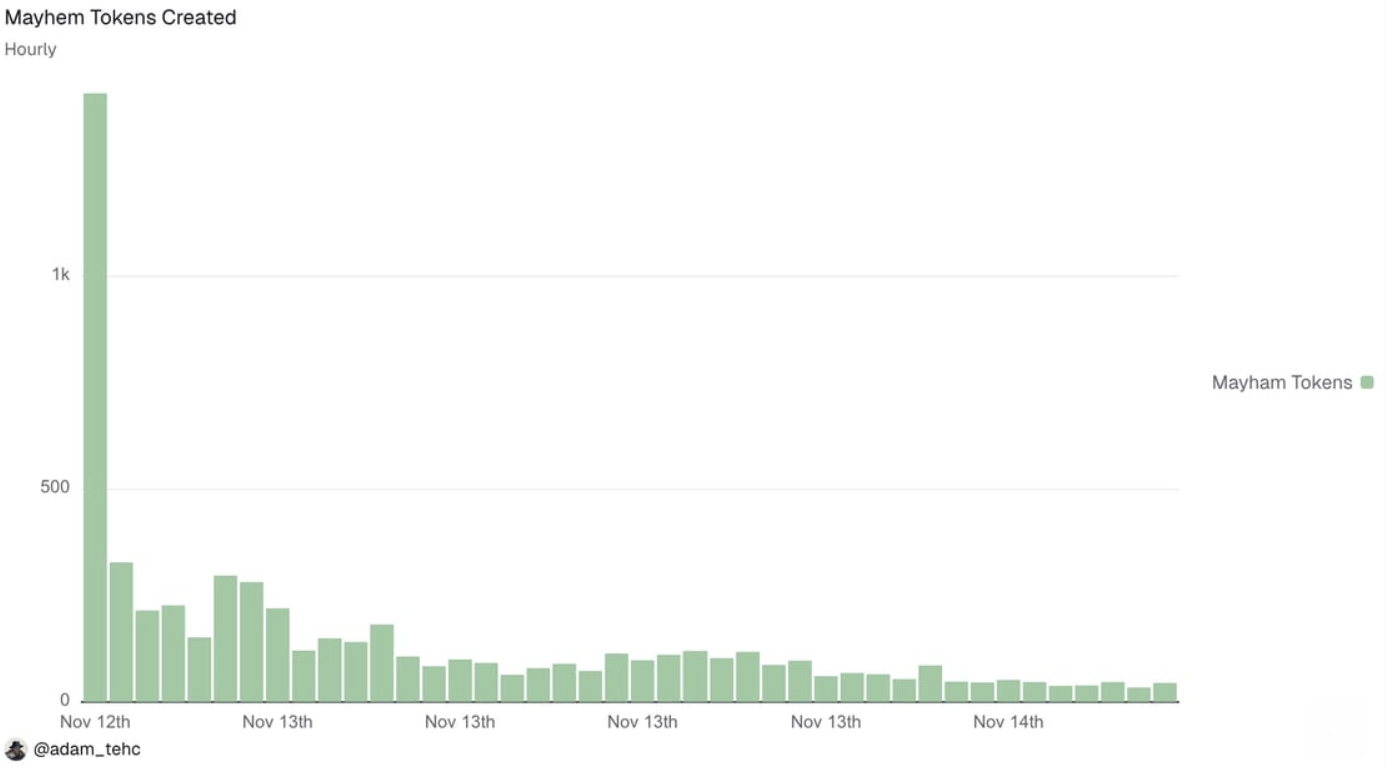
Source: Dune
JPMorgan’s JPMD Could Become the Biggest RWA Onramp in Crypto History
JPMorgan has introduced JPMD, a digital representation of dollar deposits that allows clients to move money instantly on Base Chain for about one cent per transfer. While it looks simple on the surface, the scale is immense: JPMorgan moves around $10 trillion every day, more than 100 times the combined daily volume of Ethereum and Bitcoin. If even 1 percent of that flow shifted onchain to Base, the network’s daily transactions would triple Ethereum’s L1 volume. Since all onchain fees must be paid in a network’s native token, JPMD activity would translate directly into increased demand for Base’s fee asset, which is currently ETH but may eventually include a BASE token. With JPMorgan processing as much as $3.65 quadrillion per year, JPMD represents a potentially transformational onramp for real world assets and onchain economic activity.
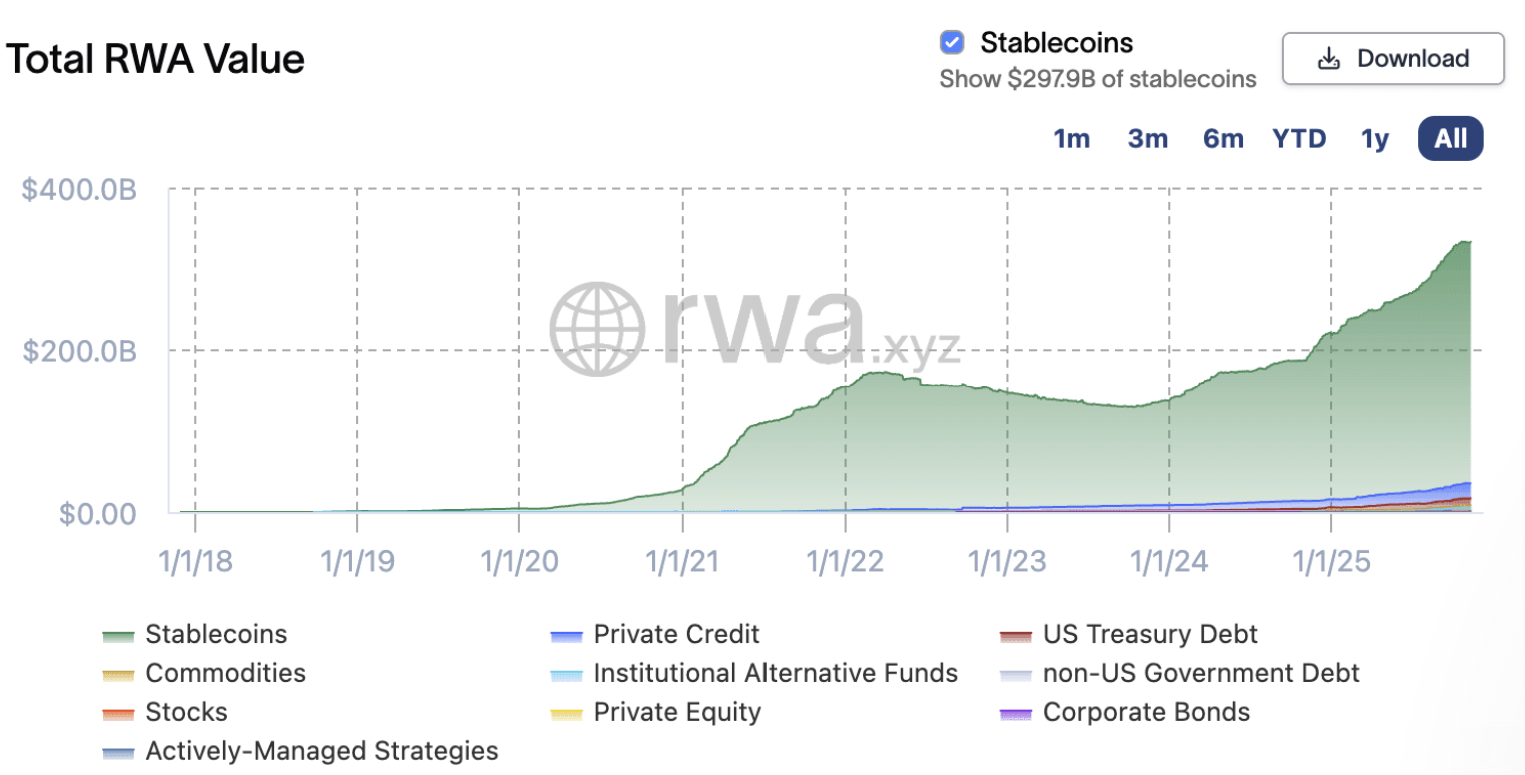
Source: RWA.xyz
Uniswap’s UNIfication Proposal Turns UNI Into a Deflationary, Fee-Linked Asset
Uniswap Labs and the Uniswap Foundation unveiled the UNIfication proposal, aiming to activate the long-discussed protocol fee switch and route revenues into automated UNI buy and burns through a new TokenJar to Firepit mechanism. Instead of distributing fees to holders, the plan channels revenue from v2, v3, Unichain sequencer activity, future v4 hooks, and upcoming PFDA auctions directly into burn cycles. It also includes a retroactive burn of 100 million UNI to account for fees that would have accrued since launch. The proposal adjusts fee splits across v2 and v3 pools, consolidates Foundation teams into Labs, removes interface and wallet fees, and introduces a 20 million UNI annual growth budget. Supporters say this finally gives UNI real value capture, while critics warn about liquidity risks, LP incentives, and rising competition from fee-forward DEXs like Aerodrome. The debate has intensified as Uniswap recently saw one of its largest fee weeks in history, highlighting how much value could flow to UNI under the new model.

Source: Dune
Regulation
Coinbase Reopens the Door to Public Token Sales for U.S. Retail
Coinbase has launched a global public token sales platform that effectively brings ICO-style offerings back to U.S. retail for the first time since the SEC’s 2018 crackdown. The exchange says its “filling up from the bottom” algorithm is designed to promote fairer distribution by reducing allocation concentration among large buyers, while users who flip tokens within 30 days may receive smaller allocations in future sales. The platform follows Coinbase’s $375 million acquisition of Cobie’s Echo fundraising ecosystem but will operate independently. Issuers must provide detailed disclosures and agree to a six-month lockup, and Coinbase plans monthly token sales along with future features like limit orders and personalized allocations. Participation is free for users, with Coinbase only taking a cut of issuers’ USDC proceeds, reflecting an attempt to reset how retail token launches are conducted in the U.S.
Polymarket Quietly Reopens in the U.S. as Major Media Deals Accelerate
Polymarket has quietly relaunched its U.S. trading platform in beta, allowing a select group of users to place real bets as it prepares for a full regulated return. Founder Shayne Coplan confirmed the domestic platform is already live, following the company’s $1.4 million CFTC settlement and acquisition of licensed exchange QCX, which secured its compliance path. The relaunch comes as Polymarket signs a wave of major integration deals, including a new multi-year exclusive partnership with TKO Group to bring prediction markets to UFC and Zuffa Boxing broadcasts. This adds to recent partnerships with Google, Yahoo Finance, PrizePicks, DraftKings, and the NHL, signaling Polymarket’s rapid move into mainstream sports and media distribution.
SEC Plans New Token Taxonomy to Clarify When Crypto Counts as a Security
SEC Chair Paul Atkins announced that the agency will introduce a new “token taxonomy” to define which digital assets qualify as securities, aiming to move beyond the broad enforcement-led approach of previous years. The framework will still rely on the Howey Test but will account for how tokens can evolve as networks decentralize and no longer resemble investment contracts. Atkins emphasized that the shift is part of the SEC’s broader “Project Crypto” initiative to provide clearer, rules-based guidance rather than regulation through lawsuits. He also noted that the taxonomy will not weaken enforcement and that fraud and tokenized securities will remain squarely under the SEC’s jurisdiction. The new rules are intended to complement ongoing Congressional efforts on crypto market structure legislation, not replace them.
Polymarket Shutdown Market Burns Traders Who Missed the Fine Print
Polymarket’s government shutdown market hit $40 million in volume, but many traders lost big after assuming the shutdown ended on Nov. 12 without reading the resolution rules. The market required the U.S. Office of Personnel Management to announce the reopening, which did not happen until Nov. 13. Nov. 12 YES buyers piled in at 90 percent to 97 percent odds before prices collapsed once users realized the OPM site had not updated. Polymarket posted warnings telling traders to read the rules, but many ignored them. The incident highlights how prediction markets can punish misunderstandings of settlement criteria, even when outcomes seem obvious.
Other Domestic Regulation Updates
- Ledger eyes New York IPO amid rise in hardware wallet demand
- Canary Capital launches spot XRP ETF
- Grayscale seeks NYSE debut in latest sign of crypto IPO momentum under Trump
- Ethereum, Solana ETFs Get Green Light for Staking via US Treasury, IRS Crypto Fund Guidance
Other International Regulation Updates
- Japan Exchange Group weighs tighter oversight of listed crypto treasury firms
- Coinbase launches savings accounts in the UK, offering 3.75% interest
- Record UK bitcoin haul nets 11-year sentence for Chinese national
- Brazil extends financial sector regulations to crypto service providers
- China Accuses U.S. of Stealing 127K BTC in High-Profile Crypto Hack
Pain & Gain
Pain
- Funds stolen by exploits
- Circle earnings drop
- Coinbase and stablecoin startup BVNK call off $2 billion acquisition
- Zcash Drops, Then Pops as Bitcoin Billionaire Arthur Hayes Warns Holders to Remove ZEC From Exchanges
- MEV Capital Hit by Stream Fallout
Gain
- Monad unveils tokenomics, says over 50% of MON tokens will be locked at launch
- Circle explores native token for Arc network as Q3 shows sharp growth in USDC supply
- Visa now supports stablecoin payouts for creators, freelancers, and gig workers in new pilot
- Lighter raises $68 million at a $1.5 billion valuation as VC bets flood back into perp DEXs
- Visa tests Stablecoin payouts to speed Payments for creators, gig workers
Important Legal Notices
This reflects the views MJL Capital LLC (“MJL”), but it should in no way be construed to represent financial or investment advice. Nothing in this correspondence is intended to constitute or form part of, and should not be construed as, an issue for sale or subscription of, or solicitation of any offer or invitation to subscribe for, underwrite, or otherwise acquire or dispose of any security, including any interest in any private investment fund managed by MJL. Any such offer may only be made pursuant to a formal confidential private placement memorandum of any such fund, which may be furnished to potential investors upon request and which will contain important information to be considered in connection with any such investment, including risk factors associated with making any investment in any such fund. Further, nothing in this correspondence is, or is intended to be treated as, investment or tax advice. Each recipient should consult their own legal, tax and other professional advisors in connection with investment decisions.
Domenic Salvo is a Managing Partner at MJL Capital, helping lead Portfolio Research and Investor Relations.



